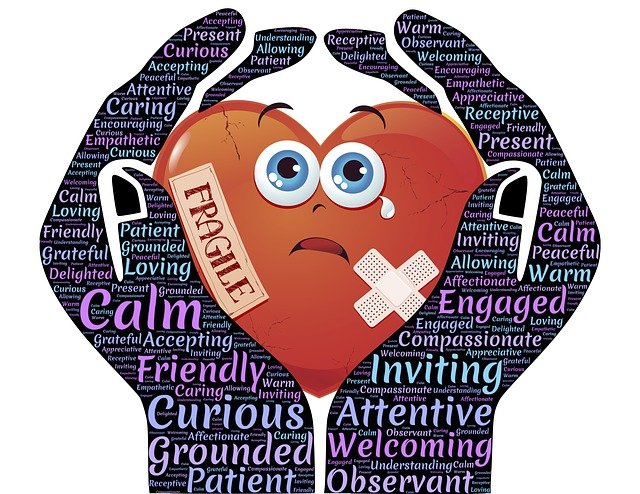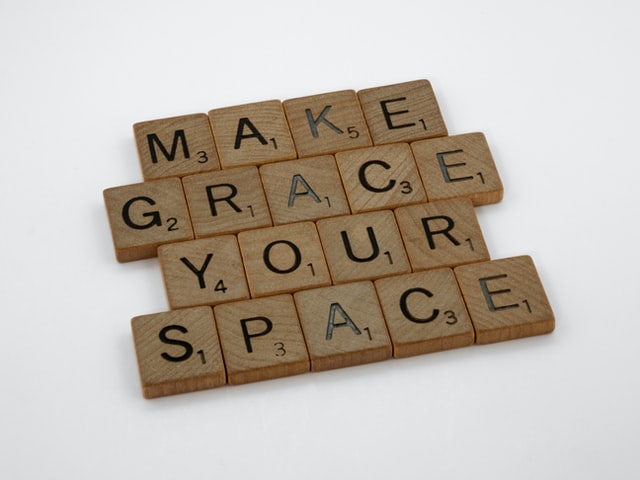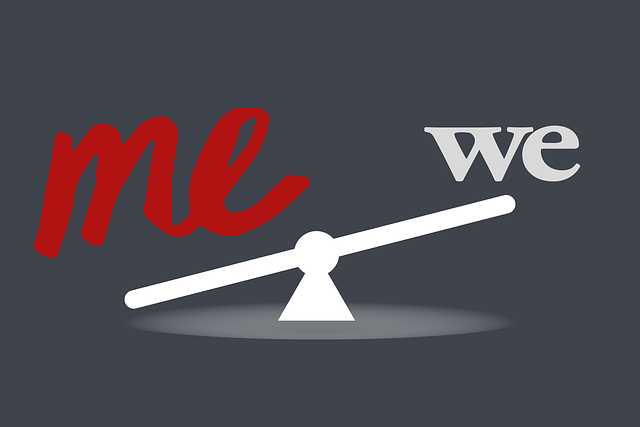Ken and I had spent several sessions working on changing the paradigm in my mind about how women and men should relate to each other ~ it is not about a struggle for power- it is about resolving conflicts together.
In a healthy relationship:
- The partners value each other
- Fear and cynicism do not dictate the relationship
- Partners are treated with grace
- Greed and selfishness do not dictate their actions
Partners value each other

I once told Ken in a counseling session that I was tired of being a second class citizen in my marriage. We spent a fair amount of time talking about that, and it basically came down to the fact that I didn’t feel valued or important.
In a healthy relationship, partners feel valued, appreciated and loved for who they are as individuals- not the roles they play.
Fear and cynicism do not dictate the relationship
In a healthy relationship, fear, anxiety and cynicism about your partner and relationship are not the norm. They aren’t non-existent; All relationships have hurdles and hiccups (blame it on our pesky humanity). We all have moments of fear or cynicism about what our partner is thinking about us and our relationship. However, those moments are the exception, not the rule.
Trust is essential. Trust means that you believe your partner makes your needs and interests a priority, and they are looking out for your best interests.
Fear and cynicism cannot coexist with trust.

Partners are treated with grace

A healthy relationship is a safe space. It’s where you can admit your foibles without ridicule, condescension or humiliation.
Your shortcomings are not weapons used against you in conflict and you are supported as you strive to grow as a person AND partner.
Respect, kindness and encouragement are the norm between partners.
Actions are not dictated by greed and selfishness
It’s not about what’s in it for ME. It’s about WE. A partner who is always looking out for their own needs first is not a partner; they’re a problem.
After all, if both partners are making each other a top priority, neither has to worry about their needs not being met.

Finally, we tackled one of my biggest stumbling blocks – the fear that any relationship I had would mean a loss of my freedom and independence. However, Ken shared that a healthy relationship does not mean giving up independence, it means choosing interdependence instead. We did a fair amount of talking about what it meant to be interdependent (versus independent or co-dependent) and I know I want a relationship where we can count on each other to be there for the ups and downs. Together. Interdependent.
Thus concluded another series of sessions culminating in valuable lessons learned about healthy relationships.
